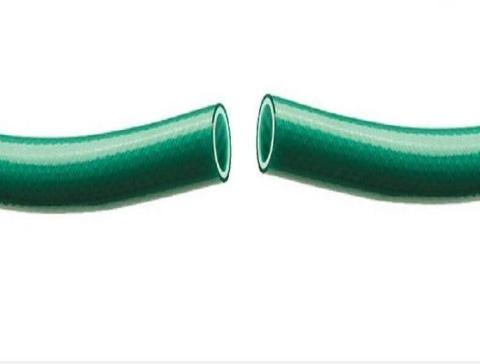NORRES offers super wear-resistant industrial hoses for use in pneumatic grain conveyors or conveying seed and fertilizer. These hoses are extremely durable and can withstand abrasions for a long time.
Hydraulic hoses contract and lengthen during pressure cycles. This can cause damage to the cover material and expose the reinforcement. This can cause a pinhole leak or rupture the hose.
Super-wear-resistant industrial hoses
Application range:
The industrial wear-resistant series of hoses can withstand heat, abrasion, and weather. Its high-resistant textile reinforcement makes it an ideal hose for harsh industrial environments. It can be used to transfer liquids, powders, and solids at high pressure.
Super wear-resistant hoses are lightweight and flexible. They can be crimped and banded to create assemblies according to your specifications. They are widely used in construction, mining and industry.
Synthetic rubber hoses are popular for their resistance to heat, ozone and sunlight. To improve oil resistance, they can be made with fillers such as neoprene.
Abrasion-resistant Hoses are used for transporting cement, plaster grout, cement, and other dry materials. They can also be used for plastering machines and sandblasting.
Parker's ToughCover abrasion-resistant hose covers are 80x more abrasion resistant than standard rubber hose. They are also 650x more durable than SuperTough polymeric cover.
Ultra-high pressure ToughJacket hose is a robust water-blasting hose with built-in abrasion resistance. It eliminates the need for a PVC hose sleeve.
ToughJacket Hoses are made to withstand the strains of heavy-duty hydraulic applications. They have a Parker-formulated polyurethane jacket that meets industry requirements for super/mega tough abrasion resistance. They also offer high-pressure rated capabilities and are designed to operate at temperatures up to 250degF (121degC).
precautions for installation of super wear-resistant industrial hose
Overheating can cause severe damage to a hose. Keep it away from heat sources Use insulated protective sleeving to block heat transfer to the hose.
Avoid twisting hose -- Twisting misaligns reinforcement and severely reduces a hose's ability to withstand pressure. Twisting a high-pressure hose only 7deg can decrease service life by 90%.
Prevent twisting by bending hose only in the plane of motion required for the port connection or coupling. Using bend-tube or block-style couplings and adapters may help prevent twisting.
To prevent abrasion, bundle hose together if possible. Bundle hose using spring guards, nylon ties and bent-tube couplings.
Braided corrugated hoses are especially prone to abrasion. The outer covering of a hose can be exposed by constant rubbing against equipment components, other parts, or objects in the operating area.
Protect exposed hose by using metal spring guards.
Routing hose is another important step in ensuring long-lasting hydraulic assemblies. It's also essential to use the correct fittings and assembly configurations.
Major coupling and hose manufacturers have developed new cover stocks that are more resistant to abrasion than traditional materials. These new hybrid covers resist abrasion, environmental degradation, and excessive heat to extend hose life.
media transmitted by ultra-abrasive industrial hoses
The application range of super wear-resistant industrial hoses includes the transfer of dry bulk materials. This applies to sandblasting, shot-blasting, dry-ice blasting, slag, plaster, concrete, cement, sand and gravel as well as grain, granules, feed, seed, sugar, flour (detailed information concerning the application is available on catalogue pages of particular hoses).
They are also used for conveying hot air in the heating and cooling industry. These hoses can be made from abrasion-resistant materials such as PU/PVC plastic material, SBR/NR rubber compound, or ceramic plates embedded with natural rubber.
This is why abrasion resistant hoses can be found in all industries dealing with food, chemical and fuel transport. For example, hoses for transporting food and beverage products are FDA-approved. They also meet all applicable sanitary standards.
These hoses are also designed for a variety of other applications, such as the transfer of water or chemicals. These hoses are often reinforced with layers made of synthetic material lining and a steel helix to prevent corrosion.
They can also be used to transport gunite, which is a relatively fine mixture of cement and sand. It is transported at high velocity through the tube to a nozzle for use. To reduce operator fatigue and resist the highly abrasive gunite, the hose has a thick rubber tube and cover.

